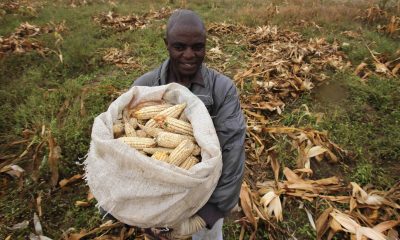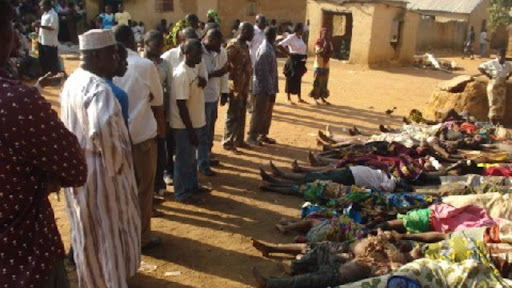The Civil Society Legislative Advocacy Centre (CISLAC) has warned that the current Jos crisis in Plateau state is a clear testament to severe identity-related conflicts within the state.
Recall that violence erupted in the state when 23 people were killed in an attack on commuters on August 14th in Jos. The attack set the tempo for identity-related unrest within the state.
In a statement, CISLAC said that from farmer-herder crisis to ethno-religious wars and indigene-settler dichotomy, the state is a hill of identity-based violence.
Collated data from the Nextier SPD Violent Conflict Database shows that about 68 people have been killed in 17 incidents in the first half of 2021. The state periodically suffers from deep-seated violent identity and communal clashes.
READ ALSO: Nigeria accounts for 30.5% of $50bn illicit financial flows in Africa – CISLAC
“This killing is one too many and must be investigated and perpetrators need to be brought to justice. Every Jos crisis is a reminder of unresolved violent identity-based conflicts that exist in the state. It is also a call to action, dialogue, and proactive peacebuilding measures that will blur ethnic sentiments, end group suspicion, and set the tempo of durable peace.
CISLAC/Transparency International Nigeria urges the Nigerian Government to cultivate the will to discourage identity crisis in the state. Highly regarded as a miniature Nigeria with about 50 ethnic groups, group-based feuds are likely and very frequent to happen.
“The publication further posits that identity has been used to launch political ambitions, which sow seeds of division and fierce group competition and discord. Such aggression has moved beyond the political space to literally all aspects of civilian life; inter-group squabbles have turned violent, and reprisal attacks are almost inevitable.
READ ALSO: Jos Massacre: Hausa youths attacks 7 Journalists
“To ensure sustainability and local ownership, there is a need to create change champions in communities where peace intertwined with strong education efforts is implemented. The imperative of peace education and peace ambassadors is to promote dialogues at the community level and maintain or even reinstall a sustainable path of peace.”
According to the United Nations Educational, Scientific and Cultural Organisation (UNESCO), employing dialogue is essential for achieving peace, fostering mutual understanding, self-expression, and reconciliation,
“The central idea for community dialogues is to counteract the factors that promote rural violence and resort to meaningless revenge and only fuel gasoline to the existing cycle of vengeance.”
The Organisations said that Nigeria, especially with deeply divided states and violent-prone locations, must be proactive. Security measures must be adequately efficient to protect lives and livelihoods. Also, avoidable violence must be managed to avoid reprisals based on negative group perceptions or ethnic divisions.
“Essentially, security agencies must implement early warning measures to prevent attacks and reprisals. The implementation of peace ambassadors will be beneficial to notify security agencies of growing schemes that may exaggerate to avoidable deaths and losses. Continuous violence in Plateau state is a clarion call to cultivate good governance, social justice, proactive peace building, and proper securitising of violent vistas.”

 Crime2 days ago
Crime2 days ago
 Latest1 day ago
Latest1 day ago
 Editorial6 days ago
Editorial6 days ago
 Agribusiness4 days ago
Agribusiness4 days ago
 Business5 days ago
Business5 days ago
 Featured5 days ago
Featured5 days ago
 Agribusiness5 days ago
Agribusiness5 days ago
 Latest5 days ago
Latest5 days ago

